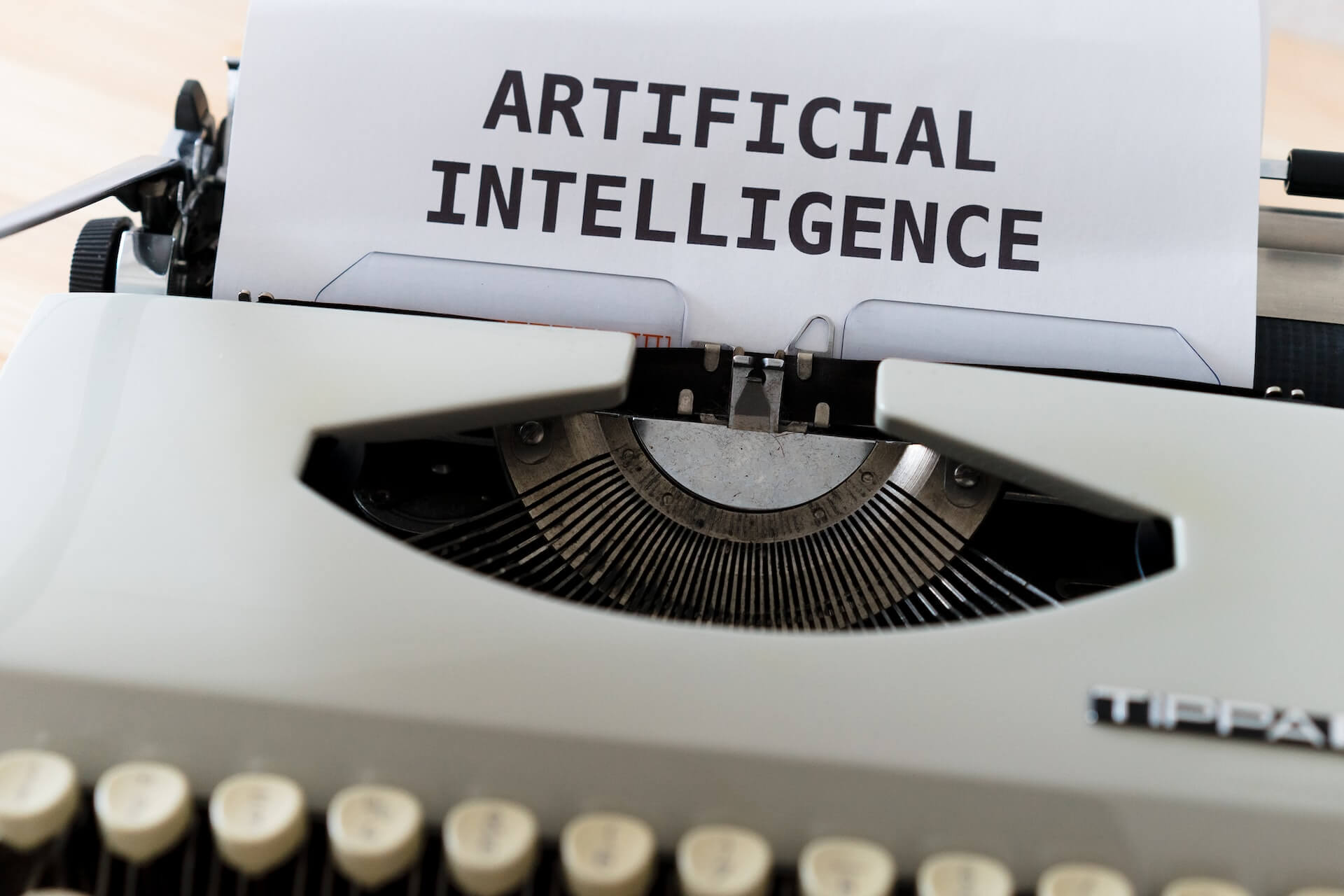
Artificial intelligence (AI) has come a long way since its inception in the 1950s, and it continues to evolve at a rapid pace. With the advent of machine learning and deep learning, AI has the potential to transform almost every industry and fundamentally change the way we live and work.
As AI becomes more sophisticated and widespread, it is natural to wonder what the future holds. Will AI bring us closer to a utopian society, or will it lead to unforeseen consequences and challenges? In this blog, we will explore the opportunities and challenges of AI, and consider what the future might look like for this transformative technology.
Opportunities:
One of the biggest opportunities offered by AI is its ability to automate tasks and processes, freeing up humans to focus on more complex and creative work. For example, AI can be used to analyze data and make predictions, identify patterns, and make decisions. This can improve efficiency and productivity, and even help organizations save money.
AI also has the potential to improve healthcare by analyzing medical data and identifying trends or patterns that may not be immediately apparent to doctors. This can help healthcare professionals make more accurate diagnoses and treatment recommendations. Additionally, AI can be used to develop personalized medicine, tailored specifically to an individual’s unique needs and characteristics.
Another opportunity offered by AI is the potential to improve education. For example, AI can be used to create personalized learning experiences for students, adapting to their unique learning styles and needs. This can help students learn more effectively and efficiently, and may even help to close the education gap.
AI can also be used to improve public safety, for example by analyzing data to identify potential threats or predict criminal activity. Additionally, AI can be used to improve transportation by developing self-driving vehicles or optimizing traffic patterns.
Challenges:
While AI offers many exciting opportunities, it also poses a number of challenges. One concern is the potential for AI to displace human workers, as automation becomes more widespread. This could lead to job loss and economic disruption, and it is important to consider how we can prepare for and mitigate these effects.
Another challenge is the potential for AI to perpetuate biases and discrimination. For example, if an AI system is trained on biased data, it may make biased decisions or recommendations. It is important to consider how we can ensure that AI systems are fair and unbiased.
There is also the concern that AI could be used for nefarious purposes, such as hacking, cyber attacks, or even warfare. As AI becomes more advanced, it is important to consider how we can safeguard against these threats and ensure that AI is used ethically and responsibly.
Conclusion:
AI has the potential to transform many aspects of our lives, and bring about significant opportunities and improvements. However, it is important to consider the challenges and potential risks as well, and ensure that we are prepared to address them. With careful planning and responsible development, we can harness the power of AI to create a better future for all.

![The Definitive Guide To Solving [Pii_email_d676da6565cc6d745502] Error Code In 2023](https://youngmagazines.com/wp-content/uploads/2023/03/The-Definitive-Guide-To-Solving-Pii_email_d676da6565cc6d745502-Error-Code-In-2023-850x550.jpg)

Leave a Reply
Your email address will not be published. Required fields are marked *